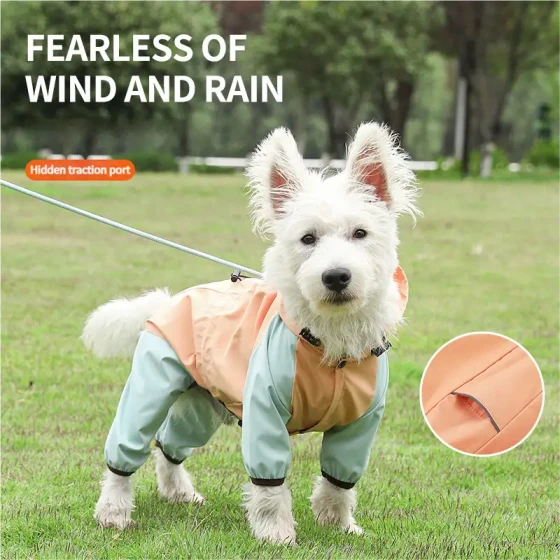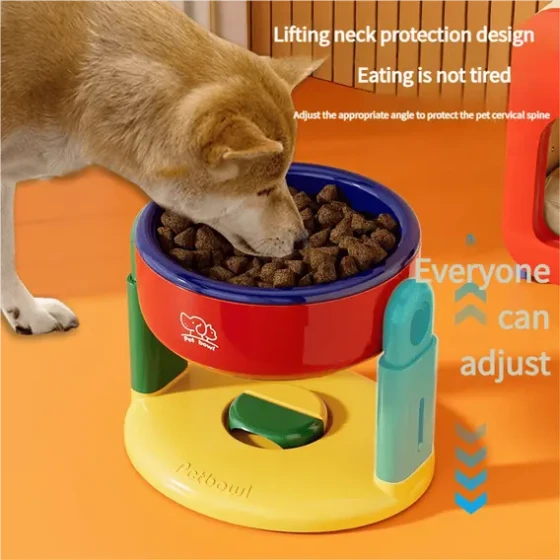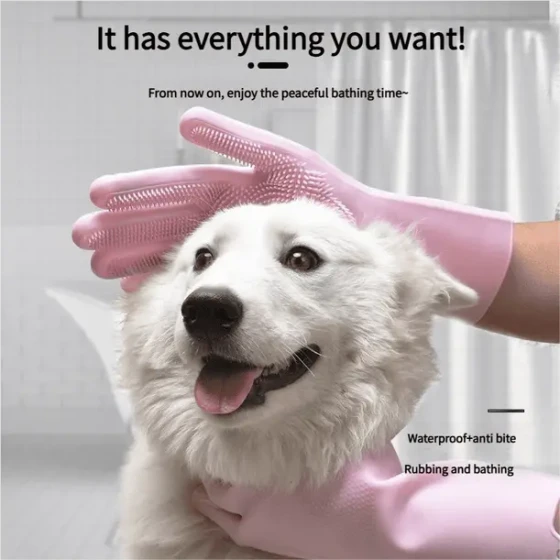What Can Labradors Not Eat? What They Must Definitely Not Eat
In this new trend of pet keeping, large breeds are among the dogs we favor, for example: the Labrador is a typical example. They are lively and cute among large dogs, with no aggression, and are also one of the dogs we use as guide dogs. They are very people-oriented. For such a lovable dog—the Labrador—what should we pay attention to in daily care? Do you know what Labradors cannot eat? Let's learn about the dietary taboos to make their diet healthier.
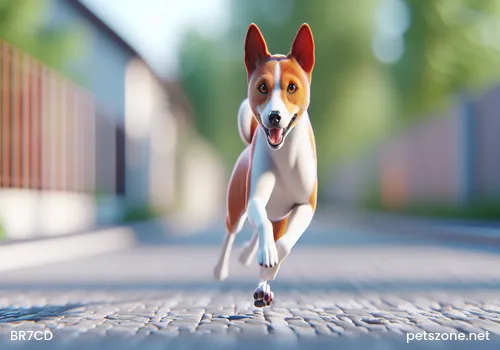
Meat items such as chicken, duck, fish, and various small animal bones are not allowed because these bones are hard and small, easily injuring the dog's intestines or getting stuck; the livers of various small animals should not be eaten frequently because the liver mainly contains vitamin A, and excessive consumption can easily cause vitamin A poisoning symptoms or hypervitaminosis A; raw meat is also prohibited because it has not been heat-treated, making it easy to cause bacterial infections, especially E. coli. Eating it can cause a series of intestinal diseases for the dog and also indigestion.
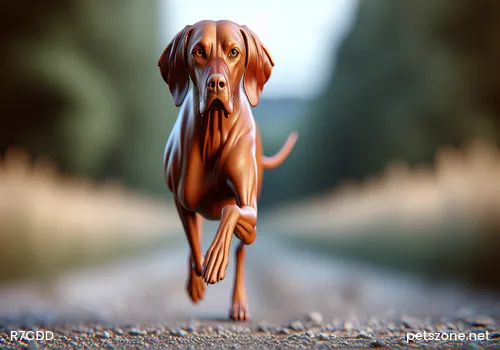
Seafood products should also not be given to dogs as they may cause allergic reactions and digestive disorders.
Foods from the onion family, such as onions, green onions, etc.
Onion family foods mainly contain disulfide compounds, which can easily cause oxidation of the dog's red blood cells, leading to hemolytic anemia in dogs.
Raw potatoes mainly contain solanine, which dogs are very sensitive to and can easily cause poisoning. Excessive amounts can be fatal.
Snack foods, such as chocolate, cake, ice cream, and various sweets.

These sweets easily cause obesity in puppies, affect the development of dogs' teeth, and result in calcium deficiency affecting calcium absorption. Chocolate contains theobromine, a component that can reduce the dog's blood flow. In severe cases, it may cause various heart diseases and even threaten the dog's life.
Seasonings such as mustard, table salt, and so on are not allowed. Excessive amounts of these foods can cause massive hair loss and trigger a series of skin diseases in dogs.
The above are foods that dogs should not eat. In daily life, pet owners need to be careful and provide dogs with a healthy dietary environment so that dogs can grow healthy together with us.

